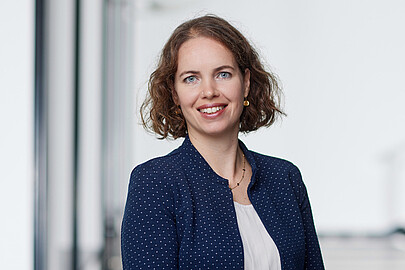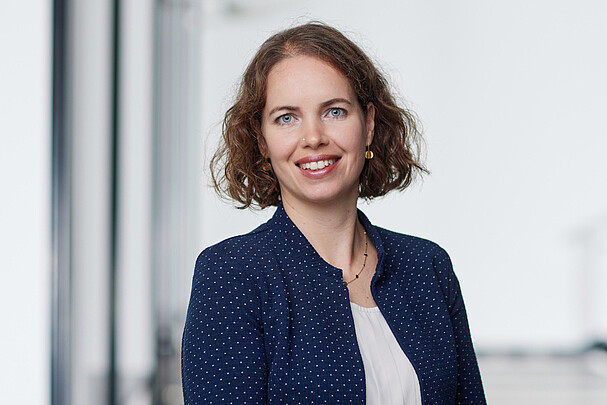March 1st, April 15th and June 1st
Bachelor Theses
Centralized Application Procedure
All students, who want to write their bachelor theses in economics and management, have to use the centralized application procedure, offered by the dean’s office. The procedure is usually taking place in the beginning of each year. More informations can be found on the faculty’s website.
After beeing allocated to our institute
If you have been assigned to our institute as part of the central application process, you can select a bachelor's thesis topic and set the registration date.
An overview of possible bachelor thesis topics can be found below. You can generally choose between an empirical or theoretical bachelor thesis. The empirical bachelor's theses are based on simple applied scientific work on monetary policy topics and include, for example, a correlation analysis or a simple regression analysis. In principle, the higher standards for empirical work are also taken positively into account in the evaluation.
We strongly recommend taking a seminar at the Institute for Money and International Finance before working on your bachelor's thesis. The seminars are offered every semester and enable in every study:
- to familiarize yourself with possible topics in the field of money and international finance and the associated academic literature,
- to practice academic writing, as it used at the Institute for Money and International Finance.
We also recommend taking the “Programming for Finance” course at the Institute for Finance and Commodity Markets to work on an empirical bachelor’s thesis. In this course you can familiarize yourself with initial data work and the R software.
To register for your bachelor's thesis (topic selection and registration time), please use the contact form below and send it at least 14 days before the deadline of your work begin. Here you can enter two topic preferences. We will contact you with enough distance to your official registration date with the official registration.
When you have completed your work, please send it in digital form to sekretariat@gif.uni-hannover.de and submit a double-sided, single-stapled paper version of the work to us. You can either hand this in on Wednesdays at the institute or at any time to the Conti Campus gatekeeper and ask that you put it in the mailbox of Prof Dräger/Institute for Monetary and International Finance.
Possible registration points for your bachelor thesis
Topics regarding International financial markets
- Empirical: Private debt and real economic demand
- Empirical: Credit growth and international capital flows
- Empirical: Current account balances and financial flows in the Eurozone
- Empirical: Global current account imbalances and the financial crisis
- Empirical: The foreign economic prosperity of nations
Topics regarding macroeconomic expectations
- Empirical: How do macroeconomic expectations of households vary according to socioeconomic criteria?
- Empirical: Inflation expectations of households and willingness to consume
- Empirical: What influence does monetary policy news have on macroeconomic expectations?
- Empirical: Macroeconomic expectations of professional forecasters in the business cycle
- Empirical: The role of uncertainty on macroeconomic expectations among households
- Empirical: Anchoring long-term inflation expectations
- Do macroeconomic expectations follow the theoretical connections in macro models?
- Which model best describes how households form inflation expectations?
Topics regarding macroeconomic effects of monetary policy
Topics regarding financial crises
- Empirical: Triple Debt Crises: Do banking, currency and sovereign debt crises often occur at the same time and how can triple debt crises be prevented?
- Transmission of monetary policy at the zero interest rate bound: How do unconventional monetary policy instruments influence the financial markets and the real economy?
- Unconventional monetary policy after the financial crisis - Quantitative easing as a controversial monetary policy measure
Master Theses
Topics for your master thesis are not offered in advance, but have to be suggested by the students and developed in cooperation with Prof. Dr. Dräger or the employees of the institute. In general, we only support empirical master theses in the context of money and international finance.
If you want to write your master thesis at the Institute of Money and International Finance, please send a short E-Mail to Prof. Dr. Dräger, which includes your prefered starting date and topic suggestion. Alternatively, you can visit the office hour as well.
Contact for general questions regarding theses

30167 Hannover




